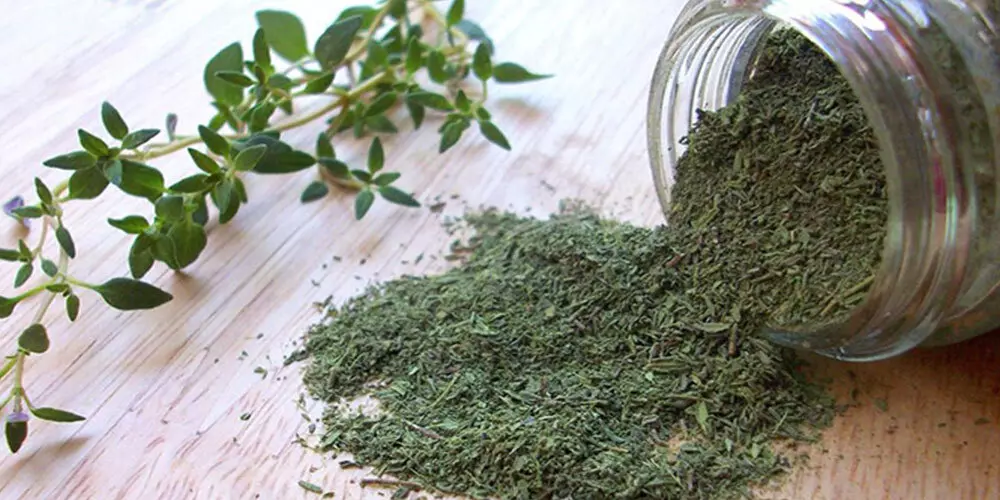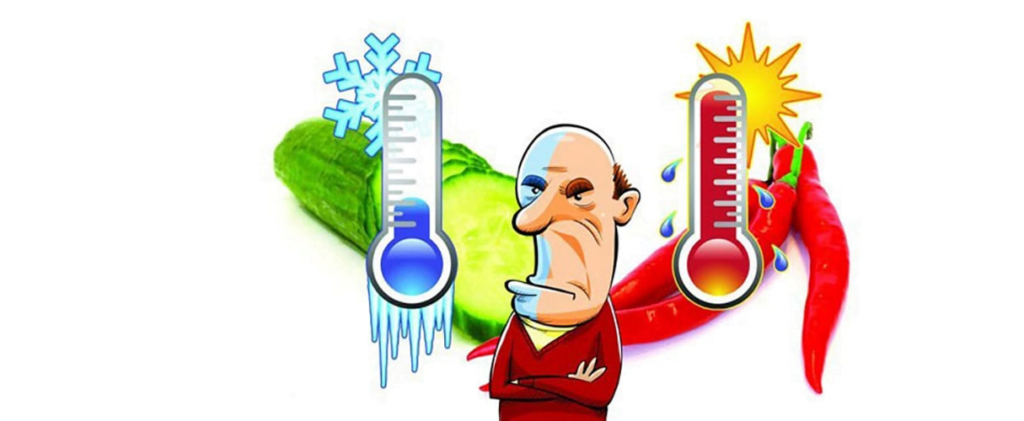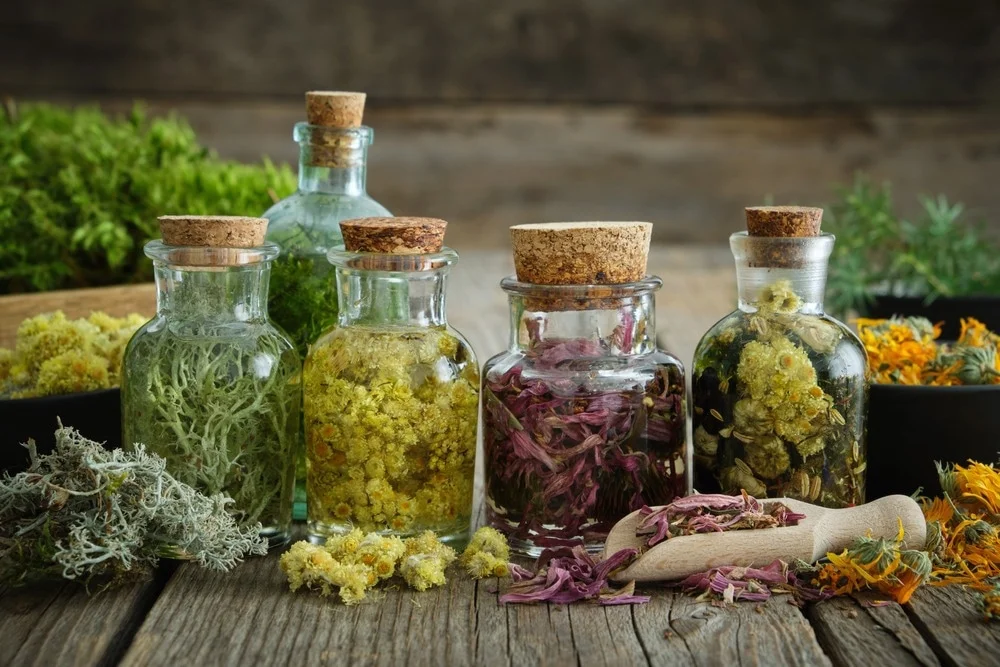Thyme in the Iranian Islamic traditional medicine
What do you know about the application of thyme in the Iranian Islamic traditional medicine? Although thyme is available to families, we may not know enough about its values and amazing benefits. Join us to learn more about this valuable medicinal plant.
What you read in this article :
What is the specification of thyme? What is its scientific name? What family does it belong to? What are its effective ingredients? What is its temperament? What are its benefits and applications according to the Iranian Islamic traditional medicine and the common medicine? What harms does thyme may cause? And, what are the uses of thyme in foods?
Contents
Thyme with the scientific name L. Thymos vulgaris is one of the dicotyledonous plants. The name of this plant is derived from the Greek word Thymos, which means courage and strength, that can symbolize its medicinal and healing uses. Thyme belongs to the mint family (Lamiaceae) and originates from the Mediterranean Sea. Today, it is cultivated in different parts of the world, including Iran. Thyme is one of the perennial plants and grows to a height of about forty centimeters, and on its small branches, sharp, dark green leaves grow. The major part of thyme essence consists of phenols and monoterpene hydrocarbons and alcohols usually 1%. Thymol is one of the main phenolic compounds found in thyme. Thyme can be used as flavoring and preservative in food. Its very fragrant leaves are often used as a spice or medicine. From the pinkish white flowers of thyme, you can smell a pleasant smell in the summer. There are countless different types of thyme. Its extract has a spicy aroma and its fresh type radiates more aroma. Thyme has a hot and dry nature.
Thyme phytology
Thyme (scientific name, Thymus vulgaris L.) is a plant from the mint family (Lamiaceae) that has a bushy structure
Thyme components
Essence is the effective substance of thyme. Thyme sprigs contain essence, tannins, bitter main substances, saponins and herbal disinfectants. Naturally, thymol is the main phenolic component in thyme, and carvacrol is a secondary component.
Therapeutic effects of thyme :
A. In the Iranian Islamic traditional medicine
In traditional Iranian Islamic medicine, thyme is used to treat skin diseases, indigestion, convulsion, painful menstruation, flatulence, colic, headache, bladder pain, toothache, uterine pain. It is also used (fresh or dry) as a sedative, sexual stimulant, and expectorant consumed as tincture or infusion. Also, it is used in a bathtub or pan to help with rheumatism, skin, bruises, joint sprains with partial tearing of its ligaments, etc.According to the Iranian Islamic traditional medicine, thyme is a pain reliever, diuretic and eye tonic, and eating it with fresh cheese tone up the spleen. Another use of thyme is to cleanse the lungs, stomach, liver and bowels.
B. In the modern medicine
- In modern medicine, thyme oil is used as an antispasmodic, antiflatulent aromatic componentin cough drops and ointments. The thymol present in thyme oil is also used for similar purposes. In addition, thymol is used in antifungal compounds (in skin fungal infection cases), dental formulations, etc.;
- Since thymol is an anthelmintic (especially hookworm), it is administered as an anthelmintic in the amount of two grams three times a day;
- Red thyme oil has been used as a germ killer since the sixteenth century. Its antimicrobial effects come from thymol and carvacrol; it is commonly used in mouthwashes, gargle solutions, toothpastes, soaps, cleaners and various medical products as disinfectant. It is recommended in the treatment of whooping cough, tuberculosis and bronchitis with a dose of 0.3 to 0.6 milliliters;
- Thymol has been used as a wound and pimple disinfectant; It is highly stimulating and irritating; and, its effect is reduced in contact with proteins. Currently, its main role is to treat fungal skin conditions as a 1% alcohol solution or a 2% powder. Mostly, iodinated thymol has been used as powders, lotions and ointments by skin specialists as a substance that stops the growth of bacteria and kills fungi;
- Red thyme oil prevents allergies and itching and reduces the damage of sunlight to our skins; but when used undiluted, it causes severe burning and itching in the skin of rabbits and mice;
- Phenolic thyme essence is one of the ten famous essences and has antibacterial, antifungal, antioxidant, natural food preservative and anti-aging effects in the mammals;
- Today in Iran, various medicinal products are made from Thymus vulgaris and are widely consumed, among which Thymarta drops, Thymes tablets and Thymine syrup may be mentioned. These three products are used as antitussive and expectorant.
Thyme in food industry
Thyme is used in different kinds of food products such as meat products, spices and seasonings, etc. White thyme oil, tincture and its liquid extract are used as aromatic compounds in most important food products such as frozen dairy desserts, gelatins and desserts in which rice flour is used, etc. On average, its maximum usage rate is less than 0.003 percent.
Thyme is harmful for the lungs and vinegar mitigates this effect. Since thyme contains a considerable values of antioxidants, antimicrobial, antifungal and anti-cancer compounds, it has been used as an excellent home medicine for coughs caused by bronchitis and upper respiratory tract infections. However, its consumption can also have some negative side effects which we will discuss below:
(A) Allergies :
Experts believe that people who are allergic to plants and herbs of the mint family should not use thyme or its infusion. Plants and vegetables belonging to the mint family are of very wide species; but the most common and widely used include rosemary, basil, oregano and celery. If, after consuming thyme or drinking its infusion, an individual shows symptoms such as chest pain, shortness of breath, sore throat, skin rash or swelling in the joints, they should consult a doctor.
B) Poisoning :
Researches results show that excessive use of thyme can cause negative and destructive effects resulting in poisoning. Some of these reported effects include heartburn, nausea, vomiting, stomach upset, diarrhea, headache, and dizziness. The compounds in thyme leaves may slow the heart rate and cause shortness of breath.
(C) Reduced thyroid hormone :
The researches results also show that some species of thyme produce negative effects on the functioning of the thyroid gland causing a decreased thyroid hormone. Thyme, like other plants of the mint family, changes the value of hormones secreted from the pituitary gland. This hormone stimulates the thyroid gland. Experts have recommended that if you are undergoing thyroid treatment or are taking anti-thyroid drugs, avoid consuming thyme and its infusion.
(D) The negative effects of thyme for pregnant women and nursing mothers :
Although the dangers of thyme for pregnant women and nursing mothers has not yet been proven, but based on the experiences of our ancestors, the consumption of thyme increases the risk of miscarriage; therefore, it is necessary for pregnant women and nursing mothers to consult a doctor before using it.
Thyme sprigs contain essence, tannins, bitter substances, saponins and herbal disinfectants. Naturally, thymol is the main phenolic component in thyme. Thyme contains large values of antioxidants, antimicrobial, antifungal and anti-cancer compounds, making it an excellent home medicine for respiratory illnesses. Orally or locally, thyme is used in the treatment of skin, digestive and genital illnesses in the Iranian Islamic traditional medicine. Effects such as antispasmodic, antiflatulent, antifungal, antiparasitic, germicidal, antibacterial, antifungal, antioxidant, and natural food preservative have been proven in the common medicine. Also, in common medicine, thyme products have been produced and commercialized for the treatment of cough, indigestion, diarrhea, or as antiseptic for wounds and boils including Thymarta drops, Thymex tablets and syrup, and Thymian syrup. Like any other medicinal plants, thyme too has negative side effects if used excessively, including allergy, poisoning, heartburn, nausea, vomiting, upset stomach, diarrhea, headache and dizziness. Some studies showed that some species of thyme produce negative effects on the functioning of the thyroid gland resulting in a decreased thyroid hormone. Although the negative side effects of thyme for pregnant women and nursing mothers has not yet been proven, but based on the experiences of our ancestors, thyme increases the risk of miscarriage; therefore, it is necessary for pregnant women and nursing mothers to consult their doctors before using it.
We appreciate your comments.





Leave a reply